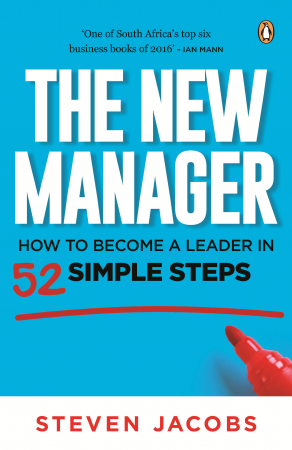 Preview Changes (opens in a new tab)A team leader once came to me angry and ready to fire an employee who had been repeatedly late and then denied it when confronted.
Preview Changes (opens in a new tab)A team leader once came to me angry and ready to fire an employee who had been repeatedly late and then denied it when confronted.
My advice surprised her: “This isn’t fireable, and honestly, it’s as much on you as it is on him.
“The signs had been there for weeks. Late starts. Missed check-ins. Subtle disengagement. But each time, she said nothing. Leaders often see small problems early, but delay acting because they’re busy, uncomfortable, or hope it resolves itself. It rarely does.
Day 1: He arrived late. No feedback.
Day 2: Late again. Still nothing.
By Day 4, the silence had accidentally become permission.
So when she finally confronted him, he denied it. Not because he didn’t know the truth, but because people push back when they feel ambushed, not coached. The outcome? Anger. Defensiveness. Broken trust. There was now a far bigger challenge than punctuality. All of it could have been avoided with a calm, 60-second conversation on Day One.
The Leadership Lesson? Unchallenged behaviour becomes accepted behaviour.
Great leaders don’t wait for patterns to become problems. They course-correct early, quickly, calmly and clearly.
A simple guide I coach leaders on:
✔ Notice it early
✔ Name it without judgement
✔ Reset expectations
✔ Agree the way forward
Small early conversations prevent big breakdowns. The longer you wait, the worse it gets.
Have you ever had to reset expectations after letting something slide for too long?

 Leadership is effective when a leader spends time with those they lead. Reflect on all the great leaders that have led you. Why were they great? How much time did they spend with you?
Leadership is effective when a leader spends time with those they lead. Reflect on all the great leaders that have led you. Why were they great? How much time did they spend with you? Ian Mann has graciously voted my book as one of his top six business books of 2016. This is the updated cover that will appear on ebook sales as well as when there is a reprint of the book. Why not get yourself or a loved one a copy if you are new to the management role?
Ian Mann has graciously voted my book as one of his top six business books of 2016. This is the updated cover that will appear on ebook sales as well as when there is a reprint of the book. Why not get yourself or a loved one a copy if you are new to the management role?